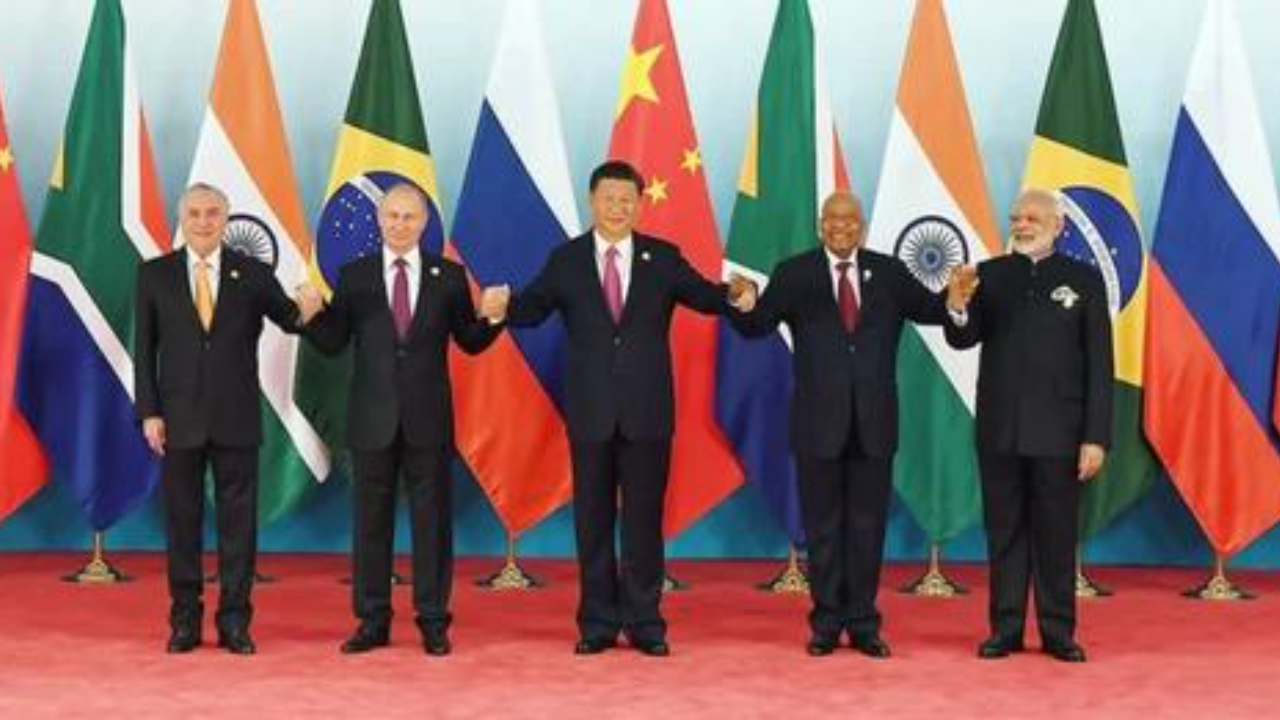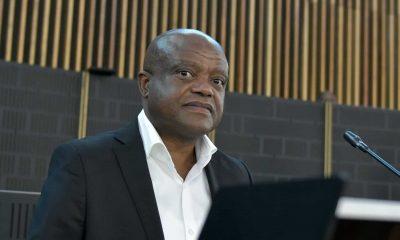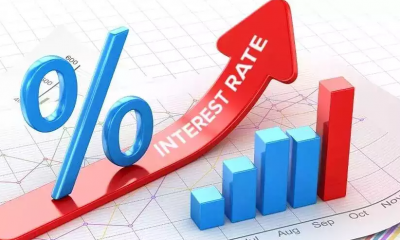News
BRICS Currency Proposal: The Future of the Rand in Question

The 15th BRICS Summit is set to unfold in Gauteng, spanning from August 22 to 24, 2023, within the premises of the Sandton Convention Centre. Amidst the discussions and deliberations that this summit promises, one topic stands out prominently – the proposal of a BRICS currency. Indeed, if the aspirations of the Southern Hemisphere nations are realised, a significant shift could be on the horizon, marking the departure of the Rand from the financial scene as reported by SA People News.
Also Read: UK Pediatric Nurse Receives Life Imprisonment for Baby Killings
The anticipated discourse surrounding the proposed BRICS currency has captured attention, with some dubbing it the ‘Euro of the South.’ Others perceive this initiative as a strategic manoeuvre by the BRICS nations to challenge the supremacy of the US dollar, which currently reigns as the world’s predominant currency reserve. The concept of a shared currency stands as a focal point of conversation, as indicated by a report from Business Day.
However, the realisation of this vision carries its share of challenges. Economists caution against underestimating the complexity of creating a unified BRICS currency, considering the considerable diversity among the member nations. This viewpoint is championed by none other than Lord Jim O’Neill, the economist who coined the term “BRICS” in 2001, recognising the economic potential of this alliance in the Southern Hemisphere.
Despite the ambition inherent in the BRICS grouping, O’Neill has remarked on what he perceives as a need for concrete achievements among the participating countries. He asserts that the BRICS nations – Brazil, Russia, India, China, and South Africa – need help translating their meetings into substantial accomplishments. Nonetheless, the discourse around a BRICS currency has been revitalised by calls for a gold-backed ‘trading currency’ from influential figures like Brazilian President Luiz Lula da Silva and other bloc members. A South African diplomat’s endorsement reinforces this sentiment, suggesting that the proposal of a BRICS currency could potentially represent a significant leap forward, particularly since South Africa’s inclusion in the grouping in 2010.
O’Neill’s perspective on the matter extends to the underlying motivation for these currency discussions. He attributes the emergence of the BRICS currency discourse to the challenges posed by the dominance of the US dollar within the global financial framework. O’Neill deems the dollar’s role incongruent with the evolving dynamics of the modern world. He points out that various economies find themselves entrapped in a cyclical pattern dictated by the whims of the US Federal Reserve, perpetually driven by their own interests.
However, as O’Neill aptly acknowledges, the practical realisation of a BRICS currency has challenges. The prospect of establishing a BRICS central bank and facilitating the use of these currencies across international borders presents formidable hurdles that can only be surmounted if the participating nations demonstrate a genuine commitment to this vision.
As the 15th BRICS Summit unfolds in Gauteng, it ushers in a platform for critical discussions and potential advancements on a global scale. The outcome of these deliberations holds implications that extend beyond the confines of individual nations, shaping the financial landscape and potentially redefining the dynamics of currency reserves. Stay tuned as we provide comprehensive coverage of the summit, capturing its significant moments and outcomes.
Also Read:
Follow us on Google News
Photo: Facebook / @SAPeople.com – for South Africans in SA and expats






















